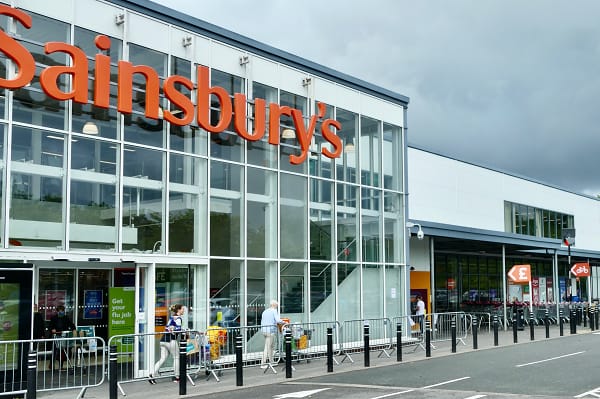Major supermarkets have warned from next April “food price increases” is investable as a direct result of Labour’s Autumn Budget.
Sainsbury’s and Marks and Spencer are set to expect a £200 million hike in their tax bills and might have to resort to hiking up food prices to pay for the Chancellor’s changes to employer’s national insurance contribution increase.
On Wednesday Mark and Spencer will announce their half year profits, and Sainsburys’ will announce their interim results on Thursday.
Sky News reported that industry insiders revealed that “food price increases from next April are inevitable.”
Read more related news:
NFU warns the government many farmers ‘want to be militant’ over Chancellors brutal inheritance tax raid
The warning comes after Rachel Reeves said, “businesses will now have to make a choice, whether they will absorb that through efficiency and productivity gains, whether it will be through lower profits or perhaps through lower wage growth.”
From April 2025 the Chancellor announced that national insurance will rise 13.8% to 15% and the threshold will be reduced from £19,000 to £5,000.
Prior to the Autmn Budget, Stuart Machin, the Marks and Spencer’s chief executive, strongly urged Reeves not to increase taxes.
When I hear about plans to increase national insurance, a tax with no link to profit which hits bigger employers like us and our smaller suppliers, I’m concerned.
“The chancellor was right in the past to call national insurance a tax on workers.”
Following the Autumn Budget, the Office for Budget Responsibility (OBR) have warned that inflation will remain above the Bank of England’s target rate.
The OBR have increased their inflation target forecasts due to continued pressure on household finances.
The Chancellor told MPs in the House of Commons during her first Autumn Budget that the OBR have predicted the Consumer Prices Index (CPI) for inflation will be around 2.5% for 2024.
In March the OBR previously projected that inflation will be around 2.2% for the year. In September inflation fell to a three year low of 1.7% following a fall in petrol prices.
In August the Bank of England cut interest rates from a 16-year high of 5.25% to 5%, it is now unclear if Threadneedle Street will lower the base rate in November.
The OBR forecasts shows that inflation will now rise to 2.6% next year, there are predictions inflation will rise to 2.3% in 2026 and 2.1% in 2027 and 2028.

